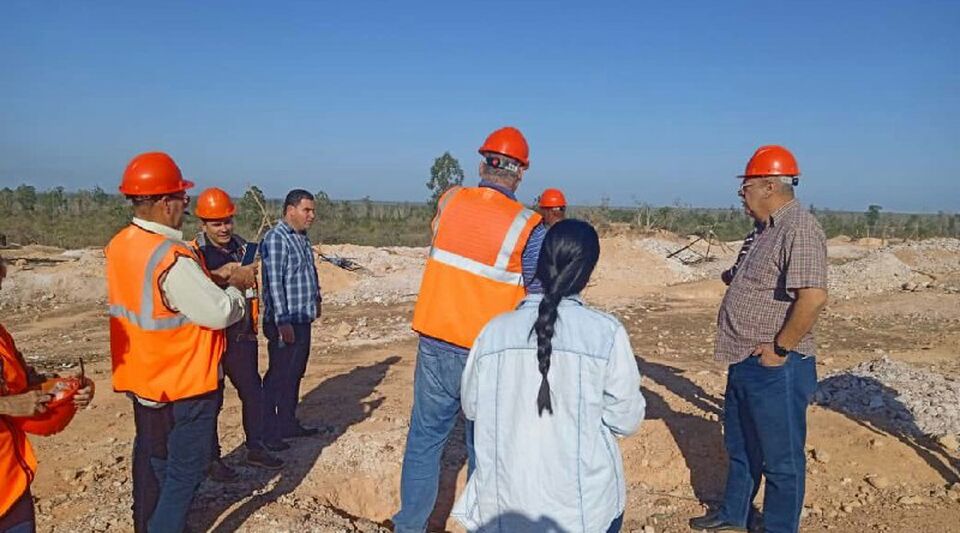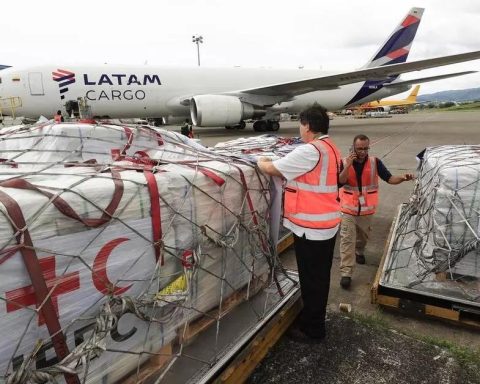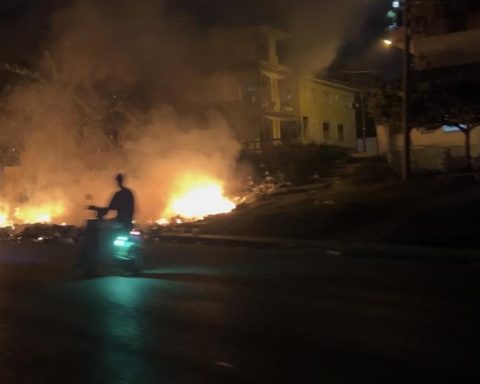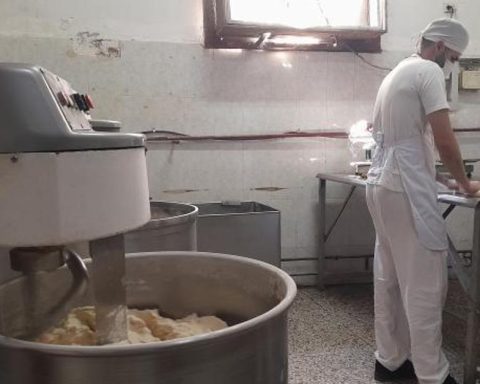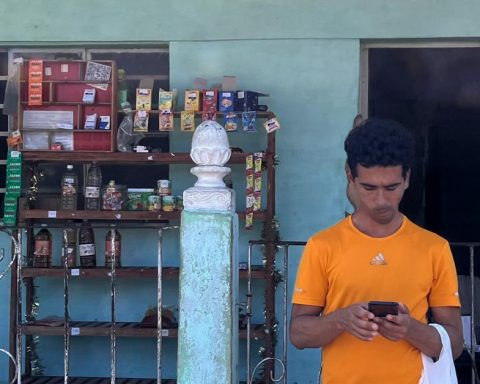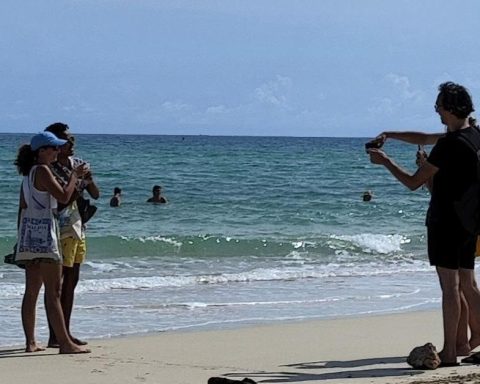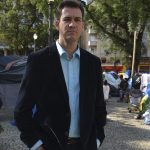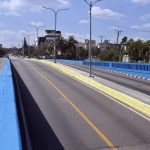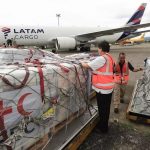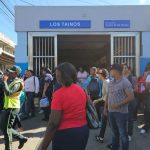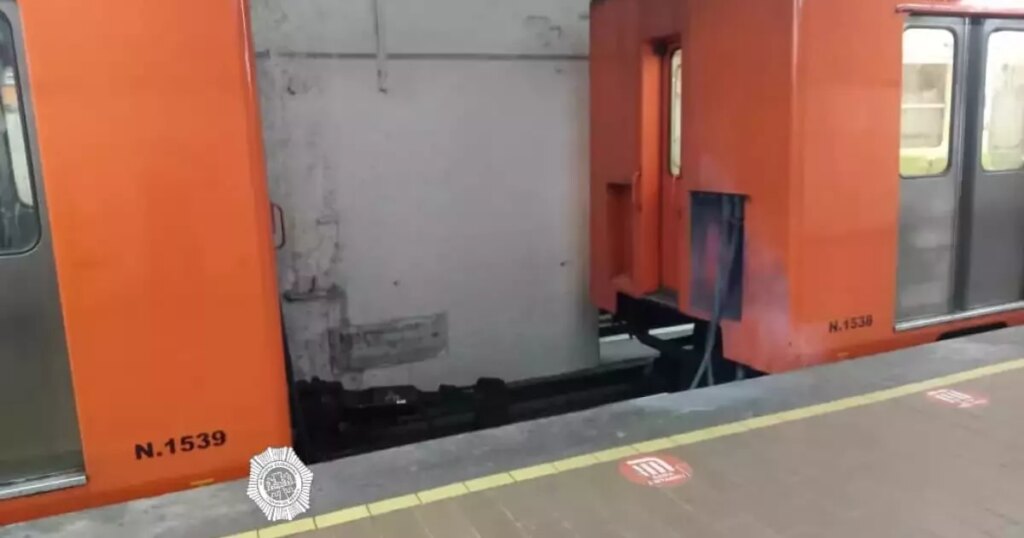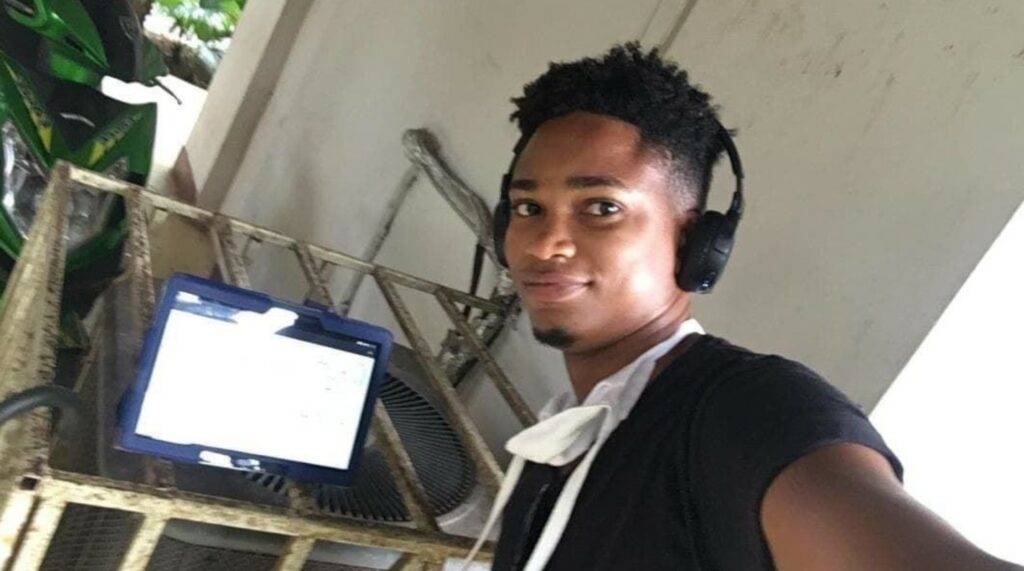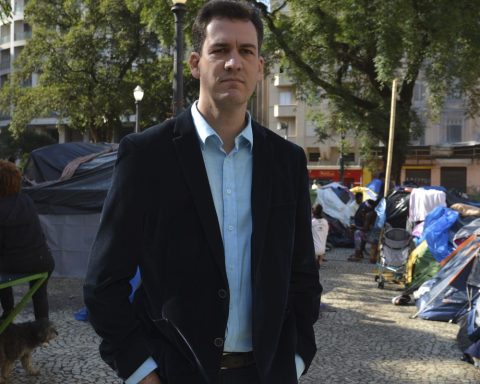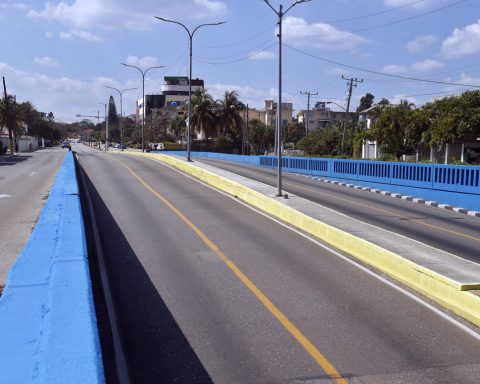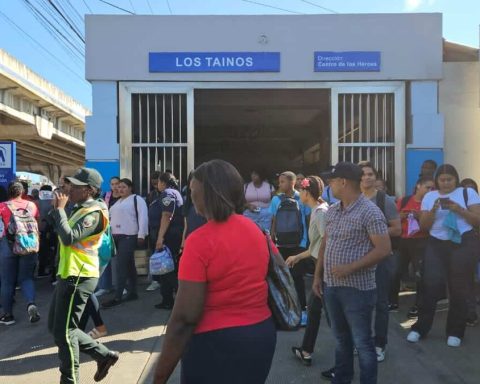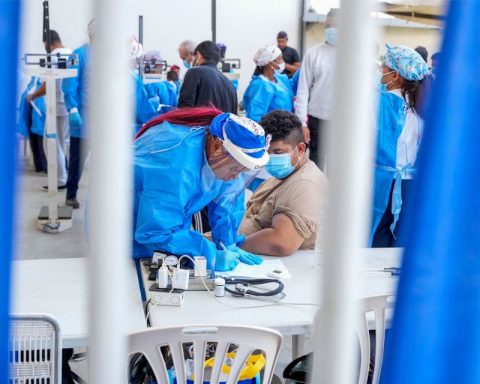The inability of the Cuban Government to put a stop to the illegal extraction of gold on the Island was once again made clear in the visit made by Vicente de La O Levy, Minister of Energy and Mines, to Baraguá, in the province of Ciego de Ávila. The leader asked to face the problem with “rigor, rationality and systematicity” in order to control an activity as lucrative as it is dangerous that has spread in the last decade through the center and eastern part of the Island and that the authorities aspire to exploit. with foreign companies.
De La O Levy highlighted that in the area there is an unauthorized exploited deposit that is endangering the safety of those who work in it, because they do not have the necessary equipment, and that it is also impacting the local economy, where it is already used gold as a standard for the price of goods, further devaluing the peso.
The Government’s concern, beyond any risk, are the mining concessions that have recently been granted in the area to companies such as the Australian Antilles Gold
The Government’s concern, beyond any risk, are the mining concessions that have recently been granted in the area to companies such as the Australian Antilles Gold, which in March 2022 presented a project to associate with the state-owned GeoMinera SA and make prospecting in several deposits on the Island, three of them in Ciego de Ávila, one in Camagüey (La Unión), another in Holguín (Aguas Claras) and La Demajagua, on Isla de la Juventud.
The minister said that “technical actions” are being developed and a group of experts will arrive to continue studying the area, which must be exploited “correctly” to “generate new and necessary income for the country.”
De La O Levy commented that the citizens who currently exploit the deposit have “adjusted social behavior”, but that they are “encouraged by the possibility of obtaining economic benefits”, so it is necessary to dialogue with them. He also asked for the collaboration of the mass organizations to “raise awareness” among the workers, in addition to, of course, the responsibility of the police forces.
Several officials linked to the situation were present on the tour, including Fabio José Raimundo Paz, president of the Geominero Salinero Geominsal business group, who insisted on the importance of exploiting the area with adequate planning and human and material resources. According to Osmany Vicente Quintana, mayor of Baraguá, the illegal extraction of gold is so attractive that the workers travel to the town to dedicate themselves to it, subtracting the labor force from other municipalities.
Ángel Aragón Cesar, coordinator of Defense Programs and Objectives in the Provincial Government of Popular Power in the province, and Tomás Alexis Martín Venegas, governor of Ciego de Ávila, also spoke, both to influence the number of plans and resources that will be put into to control illegal activity, inspired by previous initiatives. Camagüey and Holguín experienced situations like this in which the authorities had to make every effort so that foreign and state companies were the ones to extract the precious metals.
In December 2021, the local press already mentioned several raids to dismantle the illegal business of the Ciego de Ávila deposits. Some 300 people from the province and its neighbors Camagüey, Las Tunas and Holguín were sanctioned for engaging in this activity. Those involved were denounced for illegal mineral trafficking and misuse of natural resources. In addition, 34 illegal extractors received warnings, 90 fines were applied and 50 sacks with 47.4 kilos of gold were seized.
The detainees confessed at that moment that the stones were taken to Camagüey, and sold for 1,000 pesos, although the gram of gold has a value of 2,500
The detainees confessed at that moment that the stones were taken to Camagüey, and sold for 1,000 pesos, although the gram of gold has a value of 2,500.
The authorities warned that since 2013 there has been an increasing trend towards the illegal extraction of minerals, a phenomenon which this newspaper echoed in its beginnings. In 2018, the official press began to highlight the problem of this activity, which had left two dead just at the beginning of the year.
“The underground excavations of six people ended with the death of two, severe injuries to three and slight injuries to one” due to the inhalation of carbon monoxide produced by an internal combustion engine, he said. Granma in a report from March of that year. “In search of a quick fortune, illegal miners not only take illicit advantage of the national patrimony and harm the environment, they also endanger their lives,” the note said.
Control of this situation is a necessity for the Government, which this year has 52 mining projects in its portfolio of opportunities for foreign investment, 18 of them in Ciego de Ávila.
________________________
Collaborate with our work:
The team of 14ymedio He is committed to doing serious journalism that reflects the reality of deep Cuba. Thank you for accompanying us on this long road. We invite you to continue supporting us, but this time becoming a member of our newspaper. Together we can continue transforming journalism in Cuba.
